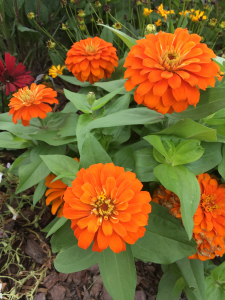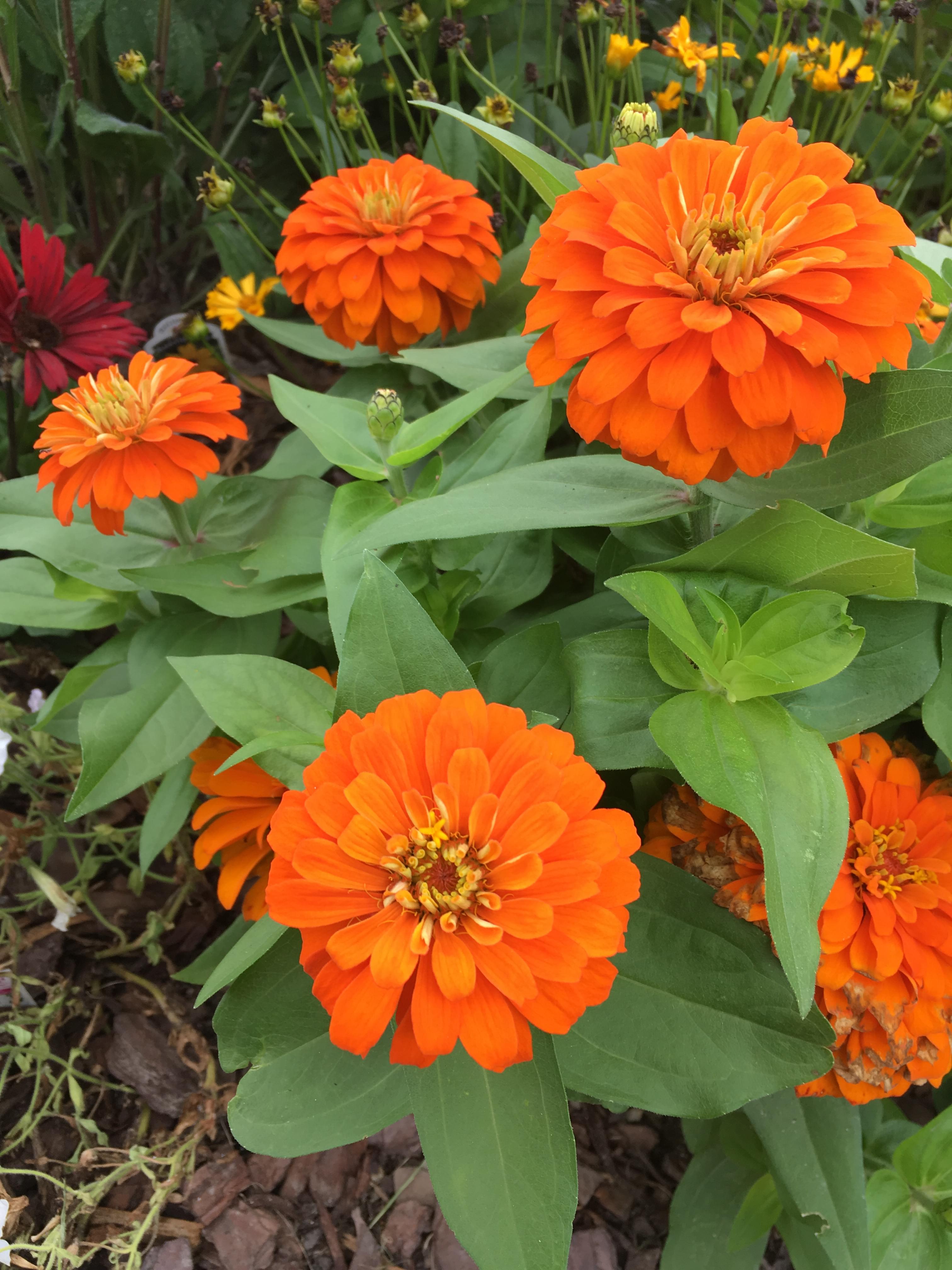The hot summer days of August may make it challenging to find comfortable weather to work in the garden. Take advantage of the more pleasant days for working outdoors and completing these gardening tips for this month.
Lawn
- Late summer is the most effective time to control fire ants with baits.
- Treat lawns for grubs only if you find more than 5 grubs per square foot.
- August is the last month to fertilize bermudagrass, St. Augustinegrass, and zoysiagrass. It is recommended to apply 1 pound of Nitrogen per 1,000 square feet.
Trees, Shrubs and Flowers
- If your houseplants saw a lot of new growth through the summer, they may need to be repotted into a larger container. This will give the plants time to acclimate to their new space before cooler weather arrives.
- Now is the time to start making plans for planting trees. Fall is the best time to plant trees and shrubs in the landscape. August is a good time to analyze your site and make decisions on what to plant this coming fall.
- Continue to apply mulch as needed to help conserve soil moisture and weed suppression.
- Do not prune or fertilize landscape shrubs for the remainder of the year to allow them to prepare for dormancy. Properly acclimated plants have a greater degree of winter hardiness.
- Fall webworms form large masses of webbing on branch ends but usually do not cause much damage. If unsightly, rip webs open with a long pole or disrupt with a strong stream of water.
- Pull up tired annuals and dead-head those that are healthy.
- Get a second bloom from faded annuals by cutting them back by one third their height, then feed with a liquid fertilizer.
Fruit, Vegetables and Herbs
- Be on the outlook for the pecan weevil. The pecan weevil usually emerges from the soil in early August after a significant rainfall. Treatments should begin the first of August after a rainfall. Drench the trunk and lower limbs with insecticide (Sevin).
- Order seeds for your fall vegetable garden.
- To grow your own transplants, start seed of broccoli, kale, collard, cabbage, Chinese cabbage, and cauliflower in containers of potting soil this month.
- Sow parsley seed direct in the garden or in containers. Soak seed in warm water for 6 to 8 hours before sowing.
- Sow lettuce, spinach, arugula, and other salad greens in the garden or grow in containers.
- Direct seed carrots, beets, rutabaga, and kohlrabi.
- Spray peach tree trunks with permethrin to prevent peach tree borers from killing trees.
Jessica Strickland is an Agriculture Extension Agent, specializing in horticulture for North Carolina Cooperative Extension in Wayne County.

(Photo Credit: J. Strickland)


